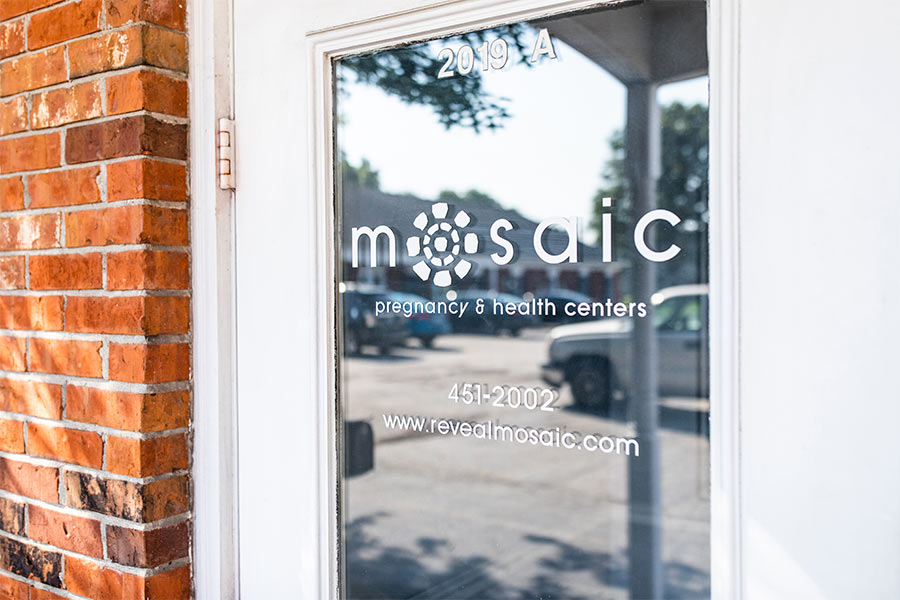
Abortion providers have been pushing high-risk abortion drugs on vulnerable women and girls since the U.S. Food and Drug Administration first approved them in 2000. Following the U.S. Supreme Court’s decision in Dobbs v. Jackson Women’s Health Organization that empowered states to protect life, abortion providers have been advocating for these drugs even more strongly.
Abortion drugs can cause serious complications in women and girls who take them, which is why North Carolina has enacted commonsense protections around them. But one abortion provider is putting profit over the safety of women and girls and attempting to eradicate the safeguards that North Carolina has put in place.
Who are Phil Berger and Timothy Moore?
Phil Berger serves as the president pro tempore of the North Carolina Senate, and Timothy Moore serves as the speaker of the North Carolina House of Representatives. As elected officials, both Sen. Berger and Rep. Moore have a unique interest in protecting North Carolina’s laws.
Alliance Defending Freedom is representing Sen. Berger and Rep. Moore, who intervened in the case on behalf of the General Assembly to defend the North Carolina abortion laws that protect women and girls.
Bryant v. Stein
When the FDA first approved abortion drugs, it required women and girls to have three in-person doctor visits, only allowed medical doctors to prescribe and administer the drugs, and only approved their use up to seven weeks’ gestation. But the FDA never required an ultrasound prior to taking these drugs.
Though the safety standards were minimal, they provided at least some protection for women and girls.
But in 2016, the FDA extended the use of abortion drugs from seven weeks’ gestation up to 10 weeks’ gestation, reduced the number of required in-person office visits from three to one, expanded who could prescribe the drugs beyond just medical doctors, and eliminated the requirement for prescribers to report non-lethal complications from the drugs.
In 2021, the FDA made things even worse by permanently removing the requirement for women and girls to have an in-person office visit before being prescribed abortion drugs. This means the high-risk drugs can be prescribed via telehealth and distributed through the mail.
Despite the FDA’s reckless evisceration of safeguards around abortion drugs, North Carolina has passed its own abortion laws protecting women and girls. The state has enacted laws requiring doctors to obtain informed consent from a woman before performing an abortion, requiring an ultrasound in most circumstances to determine the gestational age of the baby, and specifying that a physician must be physically present when the first abortion drug is administered.
These commonsense abortion laws provide needed protections for women and girls. For example, North Carolina provides a 72-hour waiting period for women after a doctor explains the risks of abortion and outlines the alternatives. This safeguard prevents abortion providers from making women feel as if abortion is their only option.
In addition, requiring an ultrasound in most situations helps determine whether a woman has an ectopic pregnancy. Ectopic pregnancies greatly increase the likelihood of complications from abortion drugs, so it is important to determine whether a woman has this type of pregnancy before administering the drugs.
North Carolina has every right to pass abortion laws protecting women and girls, and the Supreme Court’s decision in Dobbs affirmed that right. But an abortion provider filed a lawsuit in January 2023 falsely claiming that the FDA’s approval of abortion drugs and destruction of safeguards around them somehow supersedes North Carolina’s ability to pass its own laws.
State Attorney General Josh Stein said he would not defend North Carolina’s abortion laws, and he even vowed to support the baseless lawsuit from the abortion provider. That is why Sen. Berger and Rep. Moore have intervened in the case to defend North Carolina’s laws protecting women and girls.
After a federal district court granted the legislators’ motion to intervene in March 2023, they filed another motion asking the court to dismiss the unfounded lawsuit and affirm North Carolina’s right to pass laws protecting vulnerable women.
What’s at stake?
States like North Carolina have the right to pass their own abortion laws protecting women and girls, and this right was affirmed by the Supreme Court with its ruling in Dobbs. But abortion providers are now trying to circumvent the will of North Carolina voters and force every state to provide high-risk abortion drugs without necessary safeguards – all for profit.
Women deserve health and safety protections and the ability to learn about all their options instead of being preyed on by abortion providers. A win for North Carolina would ensure that states can provide these protections, just as the Supreme Court intended.
Case timeline
- January 2023: An abortion provider filed a lawsuit falsely claiming that the FDA’s approval of abortion drugs and destruction of safeguards supersedes North Carolina’s right to pass laws protecting women.
- February 2023: ADF attorneys filed a motion to intervene in the case on behalf of North Carolina Senate President Pro Tempore Phil Berger and House Speaker Timothy Moore.
- March 2023: A federal district court granted the motion to intervene, and ADF attorneys filed another motion on behalf of the two legislators asking the court to dismiss the abortion provider’s baseless lawsuit.
The bottom line
North Carolina protects the health, safety, and welfare of women and girls from the dangers of abortion drugs. Abortion providers can’t flout state laws protecting women and girls just to bolster their business.




